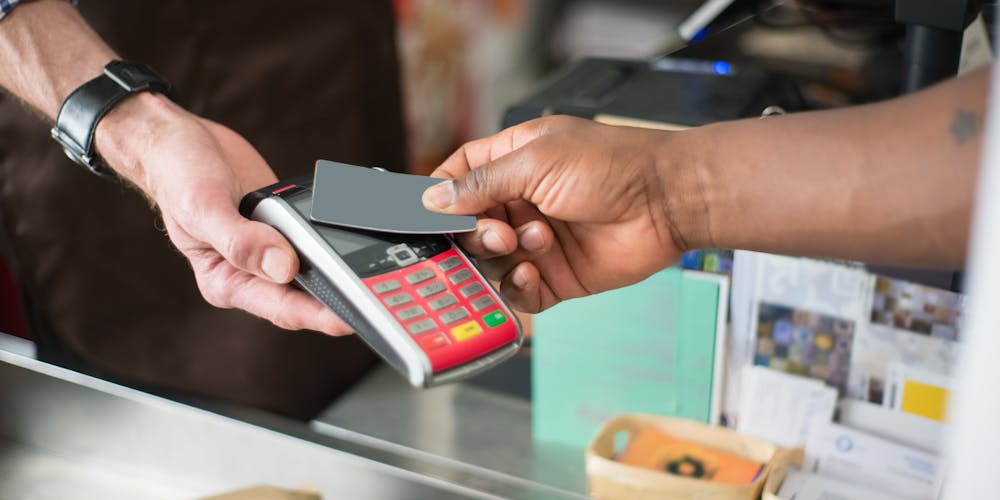Technological advancements are revolutionizing the financial realm, with Fast Payment Systems (FPS) at the epicenter of this transformation. These systems offer the swift and effortless transactions that today’s consumers require. Surpassing traditional banking activities, they are shifting the essence of monetary exchanges, replacing the tangibility of cash with digital efficiency. The progression towards a society less reliant on physical currency is seemingly unstoppable, propelled by the widespread adoption of FPS worldwide. These systems do more than streamline payments; they reflect a fundamental change in our financial behaviors and the way we interact with money. Through FPS, immediacy and convenience in monetary transactions are not just desired but expected, marking an evolutionary step in the economic landscape.
The Rise of Instant Transactions
FPS’s crown jewel is the instant transaction. No longer constrained by traditional banking hours or geographic limitations, individuals and businesses alike can transfer funds with the click of a button. This capability has profound implications, especially in a world where speed is synonymous with efficiency. For merchants, the instantaneous nature of FPS eliminates the lag in cash flow, granting them immediate access to their earnings. For consumers, it means real-time payment for goods and services, mirroring the instantaneous gratification that modern e-commerce and digital services have accustomed them to.
The significance of FPS extends beyond convenience; it is also about financial empowerment. With the majority of the world’s population owning mobile devices, FPS are bringing banking to the fingertips of millions who previously lacked access. This democratization of financial services is leveling the playing field between the banked and the underbanked, creating opportunities for prosperity in places where traditional banking infrastructures are sparse or nonexistent. This shift is not only about facilitating transactions but also about creating an inclusive economic environment that fosters societal growth and development.
Navigating Challenges and Solutions
Fast Payment Systems (FPS) are transforming how we deal with money, pushing us closer to a cashless society. They offer immense ease, wide reach, and support for financial inclusion. Yet, achieving a smooth international payment network faces hurdles, chiefly due to different systems not communicating well across borders. Standardizing rules could fix this, boosting global trade and trust in digital payments.
FPS also pose security risks. Quick transactions are a magnet for cybercriminals, underlining the need for strong security measures to protect users and maintain trust in these systems. Overcoming these challenges calls for the right mix of innovation and regulation, and a partnership between the public and private sectors.
Despite the obstacles, the potential of FPS is boundless. As these systems evolve and integrate further, they promise a future where financial transactions are streamlined and secure for everyone.

